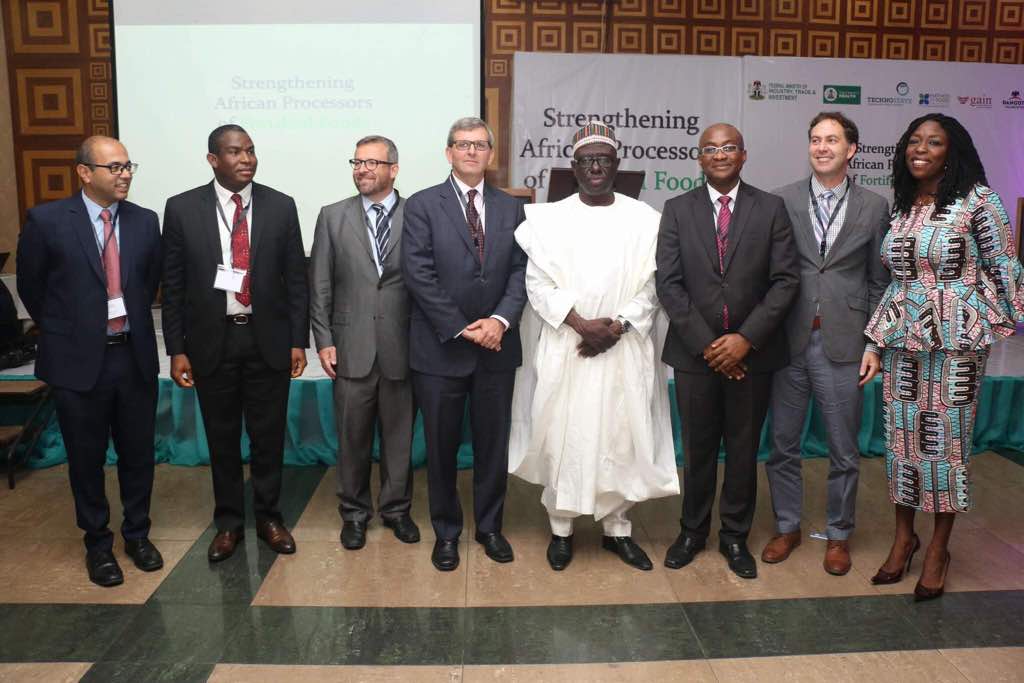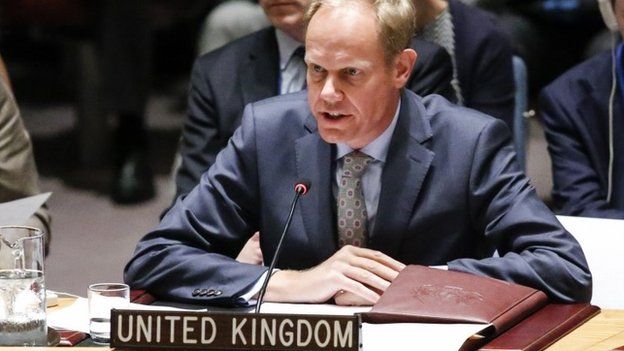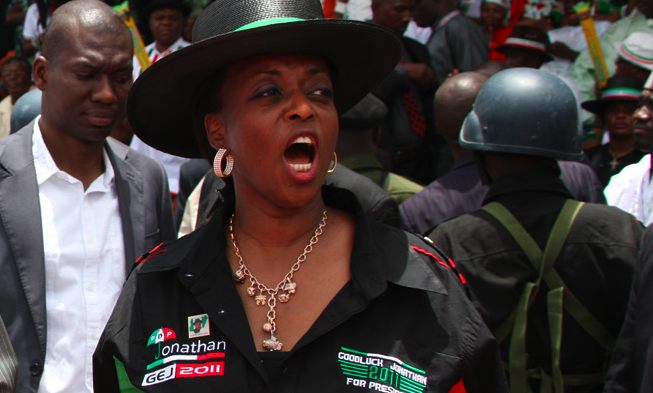Reverend Arthur Dimmesdale is a highly respected member of the Puritan community. He is a beloved Reverend that many people of the town look to for comfort. This is why no one could ever suspect him of being the father of Pearl, Hester Prynne’s child. Throughout the novel, Dimmesdale seems to handle the fact that he is hiding the secret of being Pearl’s father extremely well until Chillingworth and his evil doings finally get to Dimmesdale.
In one scene, Reverend Dimmesdale mounts the scaffold in the center of town and screams out into the night in agony. He fears that he will be caught. However, the few townspeople that do hear his cry simply mistake it for a witch’s cry. As well, Reverend Wilson walks near the scaffold and Dimmesdale fears that he will be discovered and questioned by the other Reverend. However, like the other towns people, Reverend Wilson somehow seems not to notice Dimmesdale upon the scaffold.
This symbolizes the blindness and hypocrisy of the Puritan society. The Puritans merely assume that the scream is from a witch and the other Reverend simply does not see Dimmesdale because they are all blind to the fact that someone in such a great position of power could commit a sin. Furthermore, they were quick to judge Hester, a woman of normal social class, when she committed her crime but refuse to see what is right before their eyes when it involves a man in a position of power and respect, lending credence to their hypocrisy.
In “STUDY.COM“, It is written in following words, “Hester Prynne is condemned to wear a scarlet letter ‘A’ on her chest as a punishment for the sin of adultery, but it seems that plenty of the other citizens of Salem are harboring similar sins without admitting them. They go on acting their part as pious”.
Advertisement
The above preamble which I culled from HYPOCRISY OF THE PURITAN SOCIETY sheds light on Nathaniel Hawthorne’s The Scarlet Letter and a clear depiction of the life of a Puritan society in early America.
The Nigerian society can be likened to the Puritan society in early America, where standards must be set by certain moral jingoists over every issue bordering round society’s culture, economy, leadership and politics. From a judgmental standpoint, they find it inconvenient to separate their definition of morality from their prism of myopia from complex social issues.
And they stretch it to a conclusion of what they think is right irrespective of what others opine.
Advertisement
When they do not believe in your cause, they raise every argument to undermine it. This explains why I couldn’t help being stupefied as I just learned from some quarters that you need to have a sparkling moral life in order to criticize or protest against the government of your country.
Proponents of this absurd school of thought are found everywhere in the cyber space vilifying celebrities like Charly Boy and Jim Iyke for daring to go to the streets to call upon the President Muhanmodu Buhari to resign or resume his duty. This same very badmouthing was done to 2face earlier. They found convenience in lambasting 2face for daring to organize the later-aborted protest simply because he had children by multiple women. Pathetic!
It is very remarkable to note that these puritans of questionable intents are among those that saw nothing wrong with a public officer like Senator Bukar Ibrahim having an extra-marital affair or our dishonourable representatives patronizing brothels in every nook and crannies of FCT with girls old enough to be their granddaughters. They tag it “private life” and question the audacity of anyone that tries to call them out; but right now, in a convenient plot twist, these righteous judges of character, after cynically and ‘meticulously’ appraising the ‘unsavory’ details of Charly Boy’s lifestyle found him totally unworthy to champion a crusade against His Holiness President Buhari II. Have I not said it that there is something hideous about a society like ours that has its values and priorities set in a reverse order?
Now let me ask, does one need to have morals to criticize the government of his country? Does one need to be a saint to hold leaders accountable for the mandate given to them, more so, when one has never held a public office (such that he may be categorized as part of the problem and tagged a hypocrite)? For those that anchored their criticism on their ‘disillusionment’ with celebrities and their lack of depth and knowledge in civil rights and political activism, I ask, is political activism elitist in nature? Does one need to be an Einstein to appreciate issues of bad governance or a Martin Luther King Jr to stage a protest against the government of his country? Let me quickly remind us that Mohammed Bouazizi, the catalyst of Arab Spring that ended the twenty-three-year-old rule of President Ben Ali of Tunisia was a seller of Ugu and Ewedu! He was no Gani Fawehinmi, Chima Ubani, Fela Kuti or a known activist; nay, he had no pedigree. Just like you and me, he was broken by sufferings and anguish occasioned by bad leadership. He immolised himself in protest but you and me are so incurably docile and afraid to take to the streets. Another man was bold enough to do it and you dare sit in judgment over his lifestyle? If the substance of his protest is genuine why would you void it because of extraneous issues relating to his lifestyle? Did he hold himself out as a priest or an Alfaa contesting for a clergy position in a church or some mosque?
Advertisement
This nation will only escape its impending doom when we all think less of our high-horse sense of judgment and view nation building as the collective task of all irrespective of our social or religious leanings.
Egwuenu, a legal practitioner, writes from Lagos
Add a comment







